Movies

Fight 2005 (Japan)
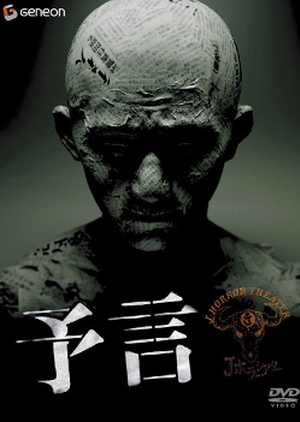
Premonition 2004 (Japan)
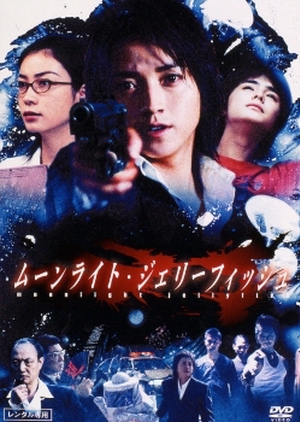
Moonlight Jellyfish 2004 (Japan)
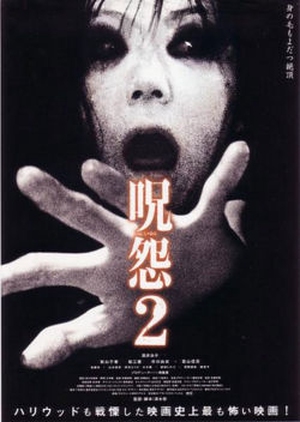
Ju-on: The Grudge 2 2003 (Japan)

Mukodono 2003 2003 (Japan)
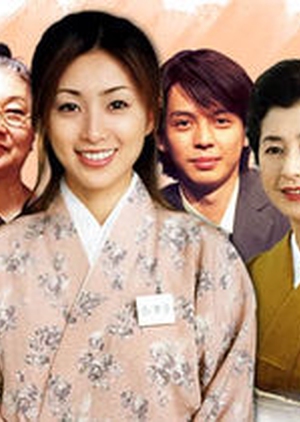
Okami ni Narimasu! 2003 (Japan)
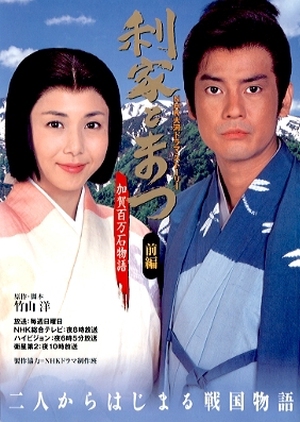
Toshiie and Matsu 2002 (Japan)

Honto ni Atta Kowai Hanashi Special 2 2000 (Japan)
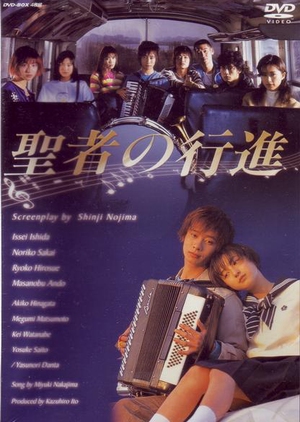
Seija No Koushin 1998 (Japan)
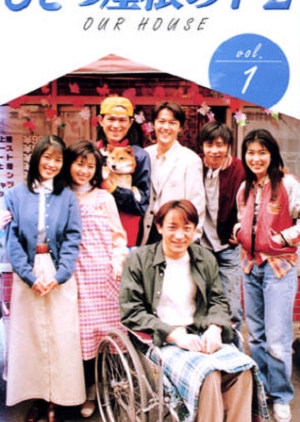
Under One Roof 2 1997 (Japan)
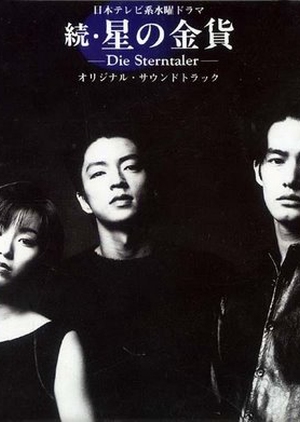
Heaven's Coin 2 1996 (Japan)
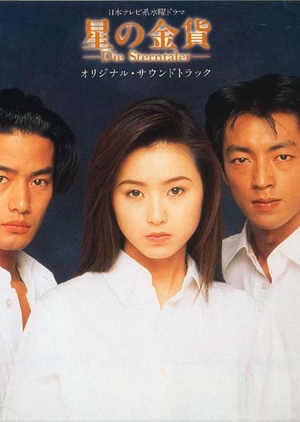
Heaven's Coin 1995 (Japan)
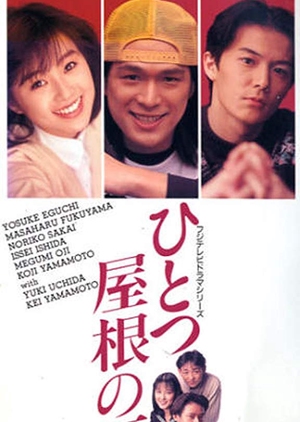
Under One Roof 1993 (Japan)
